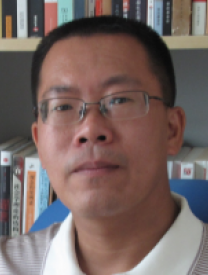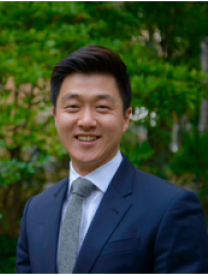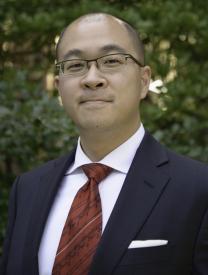The Art of Political Repression in China
Dan Mattingly, Assistant Professor of Political Science, Yale University
This talk examines several remarkable, far-reaching efforts undertaken by the Chinese Communist Party to reshape Chinese society: state-led development projects that have displaced millions; the One Child Policy,…
The State of Rights Protection Lawyers in China
Teng Biao
Human rights lawyering in China played an important role in the human rights movement since 2003, but it is facing harsh crackdown since Xi Jinping took power. The rising of human rights lawyering reflected the…
A “Race to the Bottom” or Variegated Labor Regimes? Capital Mobility and Labor Politics in China’s Electronics Industry
Issues in Contemporary East Asia Colloquium Series
Lu Zhang, Associate Professor of Sociology and Global Studies, Temple University
A key debate over globalization concerns capital mobility, labor rights, and development prospects. A popular theme in the literature is that the hyper-mobility of capital from high-wage to low-wage areas in…
China's Rise, International Relations Theory, and Security in a Maritime World
Brian Chao, Ph.D. candidate, Department of Political Science, University of Pennsylvania; Hyun-Binn Cho, Pre-doctoral fellow, Institute for Security and Conflict Studies, George Washington University, Ph.D. candidate, Department of Political Science, University of Pennsylvania.
The rise of China is shifting the geopolitical focus of international relations to the Indo-Asia-Pacific—a predominantly maritime region. Challenges to security in the maritime domain, however, differ in…
End of China's One-Child Policy
Feinian Chen,Professor of Sociology, University of Maryland; Yong Cai, Associate Professor of Sociology, UNC Chapel Hill; Feng Wang, Professor of Sociology, UC Irvine
In October 2015, China announced the plans to abolish the one-child policy which had restricted the majority of Chinese families to only one child for the last 35 years. All Chinese couples are now allowed to have…
Hollywood Made in China
Aynne Kokas, Assistant Professor of Media Studies, University of Virginia
China’s entry into the World Trade Organization in 2001 ignited a race to capture new global media audiences. Hollywood moguls began courting Chinese investors to create entertainment on an international scale—from…
2018 Penn Symposium on Contemporary China
https://www.pennchina.org/
Taiwan’s Politics at the Mid-point of Tsai Ing-wen’s First Term
Shelley Rigger, Brown Professor of East Asian Politics, Davidson College
Shelley Rigger is the author of Why Taiwan Matters: Small Island, Global Powerhouse (Rowman and Littlefield, 2011) as well as two books on Taiwan's domestic politics, …
Productive Force, Property Rights, and Land Law in China
Susan H. Whiting, Associate Professor of Political Science, University of Washington
A prominent hypothesis in the political economy of development holds that secure property rights are a prerequisite for economic growth. This claim presents a puzzle in the Chinese case, where growth has been…
Mobilizing Without the Masses in China
Issues in Contemporary East Asia colloquium series
Diana Fu, Assistant Professor of Asian Politics, University of Toronto
When advocacy organizations are forbidden from rallying people to take to the streets, what do they do? When activists are detained for coordinating protests, are their hands ultimately tied? Based on political…









